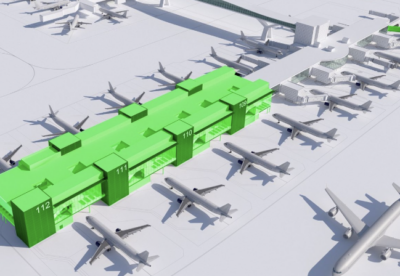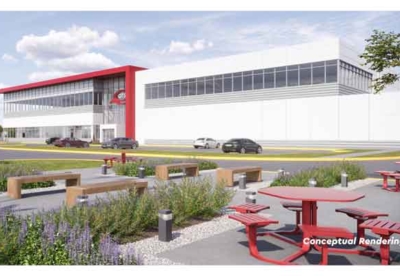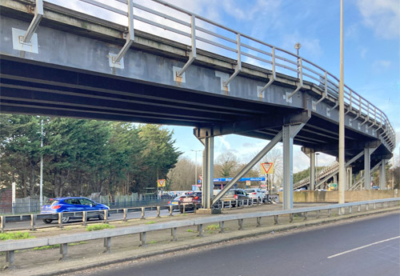Amey is pulling out of the 25-year maintenance and management contract at the end of March after paying £215m to walk away from its highways maintenance PFI contract.
This ended a five-year legal battle with the council over performance, during which time Amey suffered big losses on the highways deal.
As interim contractor, Kier will carry out works for 15-months while Birmingham Highways Limited, which is owned by Equitix and Pensions Infrastructure Platform, and the city council seek a permanent replacement for Amey.
The interim contract is understood to be worth up to £85m, including around £50m of capital works.
The permanent replacement will take over in July 2021 to deliver a 14-year full services contract covering operations, maintenance, improvement and renewal of the city’s highways network.
Birmingham City Council entered into a £2.3bn, 25-year highways management and maintenance contract with Amey Birmingham Highways Ltd, now BHL, in 2010 under the Government’s private finance initiative.
The contract covers more than 2,500km of road and 5,000km of footways, as well as 846 structures, three tunnels, 94,000 street lighting columns, 76,000 highway trees and the city’s traffic control system.
Natasha Rouse, Chief Executive of BHL, said: “We look forward to working with Kier.
“The company has put together a robust offer that demonstrates its ability to provide a good quality of service and mobilise quickly and efficiently.
“We aim to achieve a seamless transition to our new provider while continuing to service the city’s highways network.”
Cllr Waseem Zaffar, cabinet member for transport and environment at Birmingham City Council, said: “I am pleased that Kier has put a compelling and competitive bid to us to maintain the city’s highways.”
Joe Incutti, Kier acting group managing director for Highways, said “We are delighted to have been named preferred bidder for the Birmingham Highways contract.
“We’re a trusted supplier and already operate in the midlands delivering maintenance to one of the most complex and busy highway networks in the UK, including Spaghetti Junction, which carries 60,000 vehicles each day.”








.gif)













































 (300 x 250 px).jpg)

